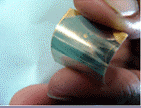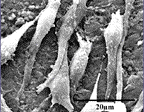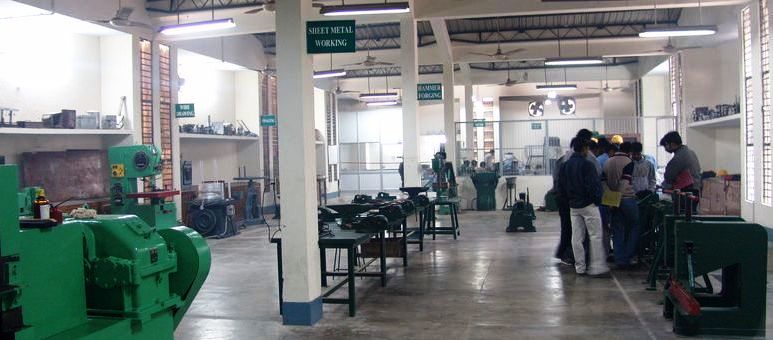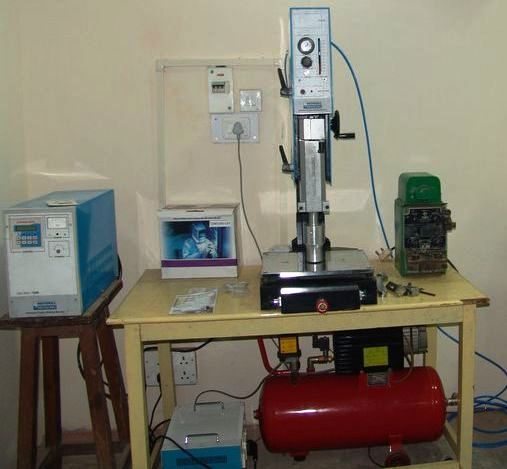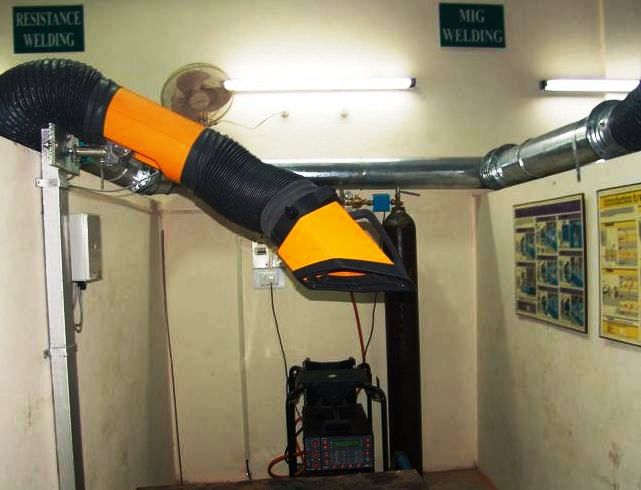Activities of the department of Material Sciences and Engineering are coordinated by 21 Faculty members. Various laboratories on Physical Metallurgy, Materials Science, Material Testing, Engineering Metallurgy, and Extractive Metallurgy are modernized with equipments like Transmission Electron Microscope, 3-D printing, Scanning Electron Microscope, Spark Plasma Sintering, High Temperature DTA/ DSC/TGA, Microwave Sintering, Pulsed Laser Deposition, Sputtering Unit, Evaporation system, Spin coating, etc. with Electrical-, Dielectric and ferroelectric-, Optical-, Magnetic-Mechanical-, Biological-, Tribological, Phase-, and Microstructural-Characterization Facilities. The department is affiliated with many professional bodies, e.g.: Metallurgical Society, Indian Institute of Metals (Kanpur Chapter), and Material Advantage (IIT Kanpur Chapter).
HISTORY: The Department of Metallurgical Engineering, found in the year 1960, initially started functioning in the HBTI campus. Metallurgical Engineering department started professional teaching from 1963 when the institution shifted to the present premises. By 1980, mature UG and PG program in the metallurgical engineering was in place at IIT Kanpur, Wherein teaching and research in the following areas were pursued vigorously: Archeo-metallurgy, Extractive metallurgy, Electronics materials, Corrosion and its prevention, Mineral processing, Modeling &simulation, Phase relations, Powder metallurgy, Steel making, Texture, and Zirconia ceramics.In1993, the department changed its name from Metallurgical engineering to Materials and Metallurgical Engineering.
RESEARCH AREAS: With the name change of department to Material Sciences and Engineering in 2010, the research and teaching in engineering areas of materials science engineering have been extensively pursued such as: Grain boundary engineering, Severe deformation processing, Phase transformation, Mechanical behavior of materials, Multi-component diffusion, Computational materials science, Diffusion, Thermodynamics, Physical metallurgy, Ceramic processing, Stereology, Crystallography, Transmission electron microscopy, Finite element method, Sintering, Powder metallurgy, Opto-electronic materials and devices, Semiconductor materials, Organic electronics, Steelmaking, Glassy alloys, Solid oxide fuel cells, Quasicrystals, Protein patterning, Biomaterials, etc.
Materials Science and Engineering, IIT Kanpur Website
Click on any image for gallery


